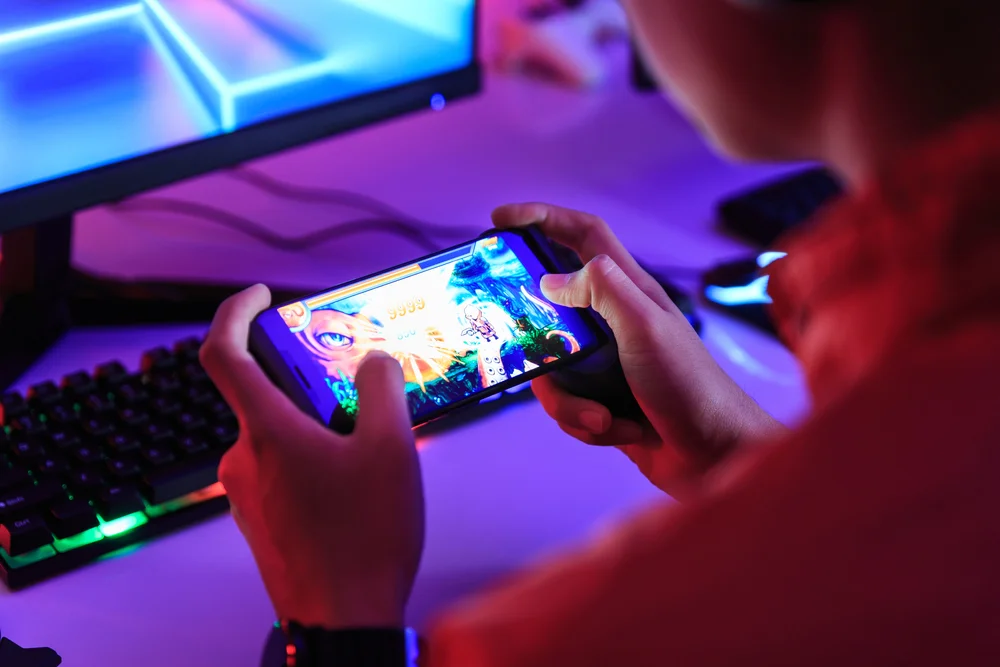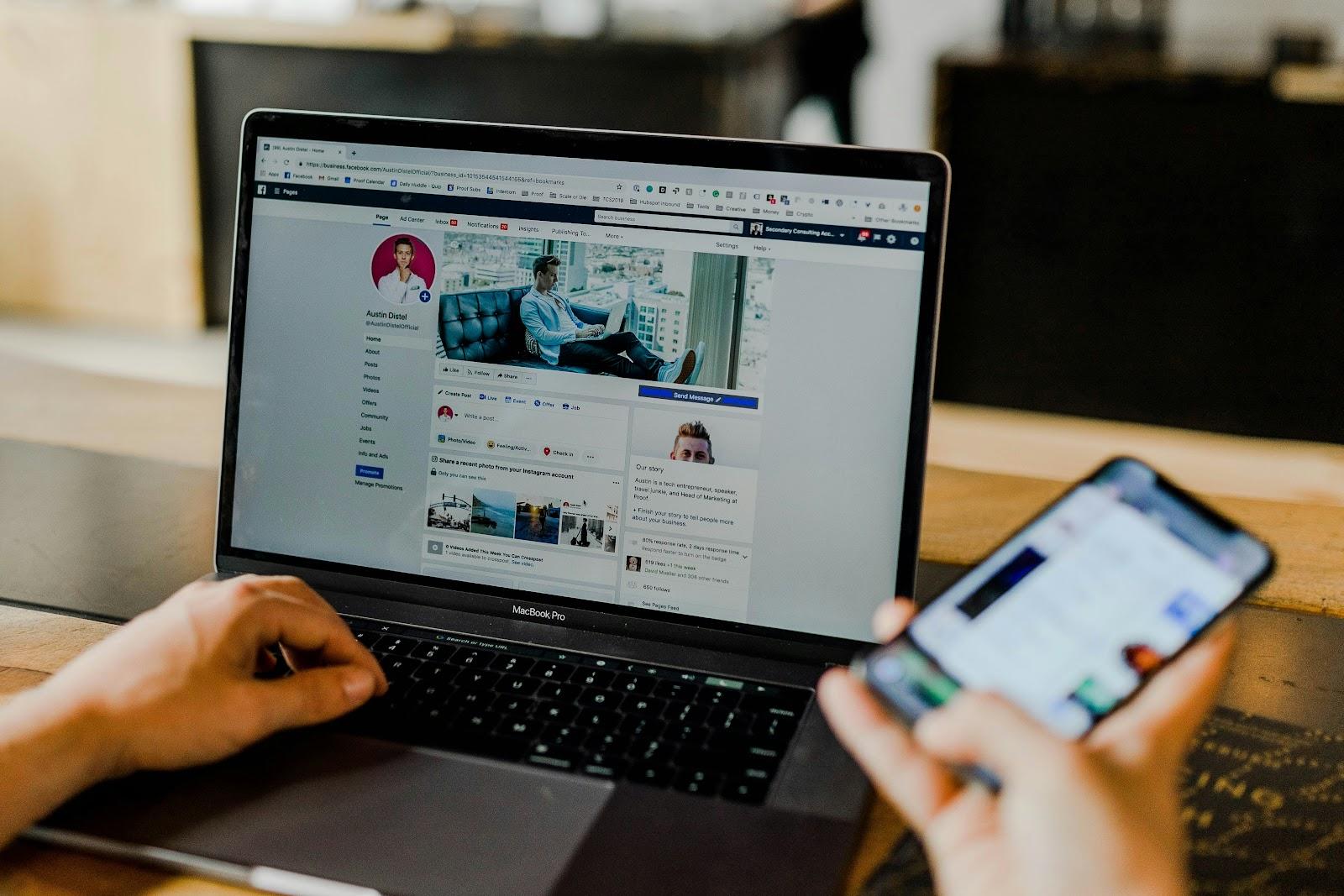Does ChatGPT plagiarize? This is an intriguing discussion indeed. ChatGPT content is thought to be plagiarized especially when it is detected by some AI plagiarism checker tool. Using ChatGPT-generated content is not plagiarism but using it without adding your ideas and writing creativity makes it show AI generated which is generally called AI plagiarism. This a long debate and here we are going to discuss everything you need to know about ChatGPT plagiarism and the tools to detect its use. So let’s start!
What is Plagiarism?
Before discussing the question: Does ChatGPT plagiarize? We generally take plagiarism as copying another’s work or borrowing others’ ideas for our writings. But terms like “copying” and “borrowing” may mitigate the seriousness of the offense:
Merriam-Webster online dictionary, explains the word “plagiarize” in the following way:
- to sneak and publish the ideas of other person one’s own
- to use a product belonging to someone else without crediting the source
- to commit literary theft
- to present a new and original idea or product derived from an existing source
This clearly shows that plagiarism is a kind of cheating. It involves both stealing someone else’s work and lying about it afterward.
How Does ChatGPT Work?
The ChatGPT AI model works according to its users’ prompts and outputs. It generates a complete series of ideas by attempting to understand your prompt that it predicts will best answer your question. This output is, based on the data it was trained on. While it seems quite straightforward it belies the complexity of what’s going on under the hood.
What is the Link Between ChatGPT and AI Plagiarism?

The discussion about: Does ChatGPT plagiarize? also includes an understanding of the link between ChatGPT and plagiarism. This is surprising to know that ChatGPT takes its content mainly from other people’s content and manipulates it. Still, this plagiarized content is usually bypassed by conventional plagiarism detectors. We understand plagiarism as an act of copying someone’s work line by line. ChatGPT doesn’t do that.
ChatGPT-generated content is generally unique, meaning that you’ll not find its exact generated wording elsewhere.
But it is plagiarism, as it goes further than copying one’s words verbatim. Even when you paraphrase someone’s words without giving credit is also considered by many a form of plagiarism. Here ChatGPT becomes problematic.
In several cases, ChatGPT may have produced text that closely resembles existing content. So while the words may not be copied, the ideas may be. This is also considered as plagiarism.
To avoid ChatGPT plagiarism, it is a good idea to use the content wisely and try to use your creativity to ensure that all aspects of the generated content look original.
Does ChatGPT Plagiarize?
No, ChatGPT does not intentionally plagiarize. However, it produces the content which is based on the vast amount of data it has been trained on. So, there’s always a chance of producing text that has similarities to existing content. However, ChatGPT itself cannot be plagiarized as it is a language model.
To answer the query: Does ChatGPT plagiarize, we can further observe that it does not plagiarize in the ordinary sense as it does not directly copy from a source. The AI chatbot gets new responses using the trained data. However, in most of the cases, it uses the rephrased version of the existing database and sources. We can not say it to be a direct copy-paste version but it is copying of ideas or plagiarism through paraphrasing and generating text close to the already existing data.
Is ChatGPT Content Plagiarism-free?
No ChatGPT-generated content is not plagiarism-free. Sometimes you may get content that shows a high probability of being original. Still, as we have discussed before ChatGPT generates content using already available content on the web. So it is not at all plagiarism-free. It’s a new version of altered content already written by someone else.
It is also right that ChatGPt-generated content may sometimes bypass AI plagiarism detectors but mostly it is easy to catch even the paraphrased version. Turnitin has detected such pieces of publications with a high similarity probability. It also shows an increased possibility of plagiarism. However, the scores varied widely depending on paraphrasing and attribution that was added to the generated text by humans reviewing it.
Is AI Content Plagiarism-Free?

No, AI-generated content is not at all plagiarism-free. While AI can create unique content, there is always a high probability of getting content that resembles existing content. This is mandatory to verify the content’s originality and check its AI plagiarism before using it is important.
Does Chatgpt Give Everyone the Same Answer?
The simple answer is no. When we try to understand the issue: Does ChatGPT plagiarize? We also ponder over this statement. Everyone will not get the same reply to the question when it is asked by ChatGPT. It may be identical but never the same words. Besides, if the context or input is different, the answer will also be changed.
ChatGPT generates answers that are primarily based on the prompts or inputs by the users, And it this very rare that people input the same query in the same series of words. So ChatGPT-generated outputs are always different, even if they can generate multiple different answers to the same question.
Is It Plagiarism to Use AI?
The answer to this question would be the same as we answer about: Does ChatGPT plagiarize? We define plagiarism as using somebody else’s ideas or texts and presenting them as your own as if they were your own.
In the case of using AI-generated text, you’re not using the work of another person. You are using a paraphrased form of someone else’s work. This is termed as AI-assisted plagiarism.
From an academic integrity point of view, this is called plagiarism and cheating.
What is the ChatGPT Plagiarism Score?
When we get the query: Does ChatGPT plagiarize, we also need to evaluate how to see the plagiarism score and the parts of the content that are AI-generated.
We can find out various tools to detect the ChatGPT plagiarism score. Some of these tools or software only identify plagiarism of less than 5 percent. While some tools can even detect AI-generated content, like Turnitin, show plagiarism a lot more than 5 percent.
Turnitin claims to identify any form of AI-generated content including ChatGPT and thus, might show plagiarism scores higher than other plagiarism detector software.
Different AI plagiarism detectors show different scores of AI-generated content. These detector tools show the estimated percentage of text copied or written using AI tools. Thus, the plagiarism score of ChatGPT might vary on different plagiarism detectors.
How is Plagiarism Detected in ChatGPT Content?
To understand the problem: Does ChatGPT plagiarize, we need to see how this plagiarism is detected actually. To identify ChatGPT plagiarism without using AI detection tools in the academic assignments, we have compiled some tips below:
- Observe the repetitive language: Usually the AI-generated text has repetitive phrases or sentences. It is due to the certain algorithms that look for patterns in data and replicate them.
- Identify unnatural language: AI-generated text may lack the ]natural flow and spontaneity of human writing style. This often results in stilted, awkward sentence structures.
- Find out the context-specific knowledge: Some AI models are trained on specific topics, so they may only have a superficial understanding of certain subjects.
- Spot out patchwriting: AI algorithms while generating content combine information from various sources to create new content. This can lead to patchwriting.
- Evaluate the overall quality and readability: Poorly structured content with a robotic tone could be a sign that it was generated by an AI rather than a human.
How to Prevent ChatGPT Plagiarism? How to Make ChatGPT Content Plagiarism-Free?
Besides finding the logical answer to the inquiry: Does ChatGPT plagiarize, we need to find out the ways of preventing it effectively. Here are some strategies to help you prevent ChatGPT plagiarism and make the content look original:
1. Understand the Basics of Plagiarism
Plagiarism means presenting someone else’s work, ideas, or words as your own without giving proper credit.
Try to get a proper understanding of different forms of plagiarism, including direct copying, paraphrasing without attribution, and others. This will help you help you to stay safe while writing and generating content.
2. Use ChatGPT as a Writing Assistant
Do not copy-paste the content generated by ChatGPT as it is. Try to use it as your writing assistant Instead, consider ChatGPT as a helpful writing aid that assists in critical thinking and creativity. Always add your unique ideas within the content to enhance its human touch.
3. Cite and Give Credit
While combining information or ideas from external sources, always cite and give credit to acknowledge the original authors.
4. Verify and cross-check information
You get an immense amount of data from AI tools. However, it’s a wise move to verify the accuracy and reliability of the data before using it in your work.
5. Improve Your Research Skills
Improve your research skills to bring variety to your content, this will make your content prevent ChatGPT plagiarism and bring originality. Gather information from diverse sources, including ChatGPT and AI tools, and double-check the facts and figures within the content.
6. Edit and Revise
you should carry out this step with extra care. The content created by ChatGPT or any other AI tool has traces of plagiarism. So do not be careless to forget about editing and revising your content. Make certain efforts to maintain its originality.
7. Check Plagiarism
Let’s say you have successfully done all the above steps. Still, there is a chance that the written content still has some plagiarism. For this issue try some good plagiarism detection tools to check your work for any instances of unintentional plagiarism.
Popular plagiarism checkers include Copyscape, Grammarly, Turnitin, etc.
Does ChatGPT Plagiarize: Reddit Posts Review
While finding the reply to the query: Does ChatGPT plagiarize? we come across a hot debate on Reddit about ChtaGPT plagiarism.
Most of the Reddit posts have discussed that using ChatGPT isn’t plagiarism and doesn’t flag as plagiarism in detectors including Turnitin.
The discussion included the point that ChatGPT doesn’t knowingly copy or use others’ text. It only brings forth responses learned from the data it has been trained on.
Which is the Best Plagiarism Checker?

There are several methods and plagiarism checkers available to detect plagiarism in conventional texts, including tools like Turnitin and Grammarly.
While looking for the answer to the question: Does ChatGPT plagiarize? You may find this information useful and you can always check your plagiarism with plagiarism-checking tools. Let’s discuss some of them in detail:
1. GPTZero
GPTZero is a popular free tool to check AI content. It claims to be the most accurate AI detector across use cases, verified by multiple independent sources.
2. Originality.ai
Originality.ai is also one of the most accurate AI content detection tools currently available. It checks AI plagiarism within the content swiftly and accurately.
3. Copyleaks AI Content Detector
Copyleaks is a free-to-use AI content detector tool. It claims to identify between human-generated and AI-generated copy with 99.12% accuracy.
It successfully detects the content created by ChatGPT, GPT-4, GPT-3, Jasper, and others.
4. Turnitin AI Detector
Turnitin is a US-based plagiarism detection company. This is mainly used to detect plagiarism in academic content by universities. Turnitin claims to detect AI writing with 98% accuracy with a less than one percent false-positive rate.
5. Grammarly
We all know it as a grammar-checking tool but it has other features too. Grammarly also has a built-in plagiarism checker that can flag any suspicious passages including AI content in your writing.
Is There Any AI tool with 100% Accuracy?
No AI content detection tool is 100% reliable. When we look for the answer to the inquiry: Does ChatGPT plagiarize? We also come to know that no tool or software shows completely reliable results.
Several tools and software claim to show high-end accuracy while identifying AI plagiarism. However, no AI detection tool provides a hundred percent satisfactory AI plagiarism score.
Even Turnitin’s AI content detector isn’t foolproof. In the recent, relatively small test conducted by the Washington Post, its accuracy showed to be less than the 98% they claim to be able to produce.
Originality.ai, on the other hand, is certainly one of the more accurate ones available and even its detection technology isn’t right every single time.
How Much ChatGPT Plagiarism Get Detected?
It’s hard to tell how much plagiarism you’ll find in ChatGPT’s generated content.it is as difficult to tell as the answer to the query: Does ChatGPT plagiarize?
We already know that this AI model has been trained on user response data. And there is least originality in the outputs.
It is always possible to see plagiarism in the generated content at any time.
Mostly plagiarism is shown in only 20 % of the whole content. The ratio of plagiarism also depends on the topic and the prompts you give as input. If your prompts are more precise and unique, then there is a probability of getting a lower percentage of plagiarism.
What are the Challenges In Detecting AI-generated Plagiarism?
Along with the challenge to find out the solution to the query: Does ChatGPT plagiarize? another challenge is to detect the other forms of plagiarism as well.
Traditional plagiarism detection tools are not good at it. This is so as AI-generated content varies greatly from human-written text. So it gets hard for these tools to accurately recognize and identify instances of plagiarism.
Moreover, the paraphrased form of AI content is even more difficult to detect even by tools.
To tackle these challenges, developers are working to devise a more advanced mechanism to improve the accuracy and effectiveness of online plagiarism detection tools. Some of the development in this connection is the introduction of GPT-2 Output Detector, Writer AI Content Detector, and Giant Language Model Test Room (GLTR) to improve plagiarism detection.
Conclusion
The answer to the question: Does ChatGPT plagiarize?” is yes. The content generated by ChatGPT is shown in several plagiarism-checking tools like Turnitin, Grammarly, and CopyLeaks.Students and content creators both apply different strategies to make the ChatGPT or any other AI-generated content seem to be original, but it’s quite rare that this content slips from quality tools used for checking AI content. It is a good idea to experiment with your creativity and make original content, especially for your academic tasks. It’s not bad to get help from AI tools including ChatGPT. But you should try to use this help in your unique style. This really helps you avoid AI plagiarism and boosts your creativity.
FAQs
1. Can ChatGPT replace content writers?
No, ChatGPT is not a replacement for human writers, It is rather a tool to assist human writers in the content creation process.
2. Can universities detect ChatGPT?
Yes, universities can detect ChatGPT-generated content if it is plagiarized or closely resembles existing content. They use plagiarism detection software to identify similarities in language and context.
3.Can Turnitin detect Chat GPT?
Yes, Turnitin states it has advanced technology to detect AI-generated writing by tools such as Chat GPT. Its system brings a thorough analysis of the writings to ensure originality.




